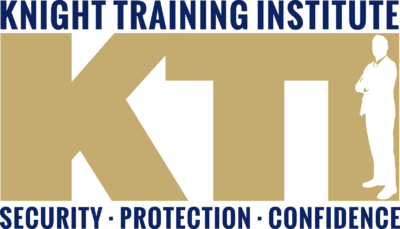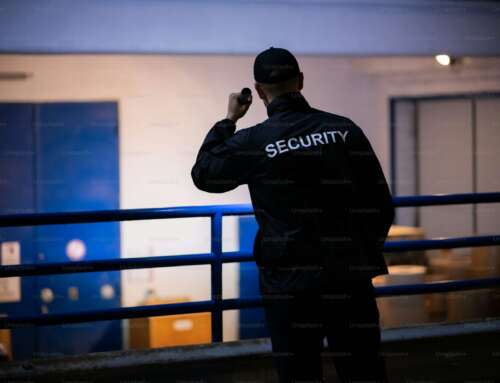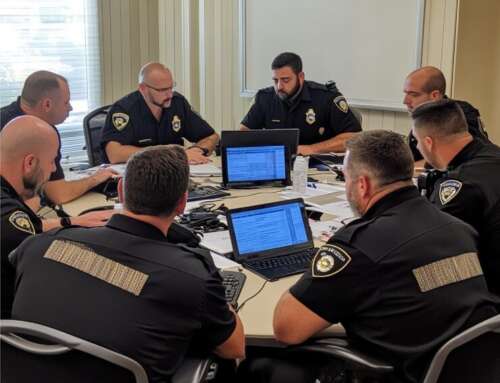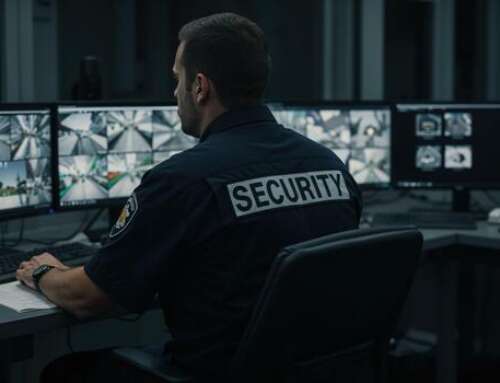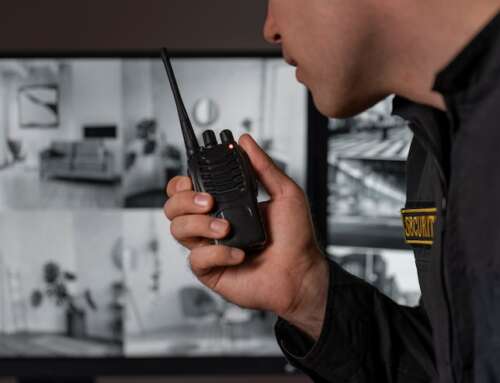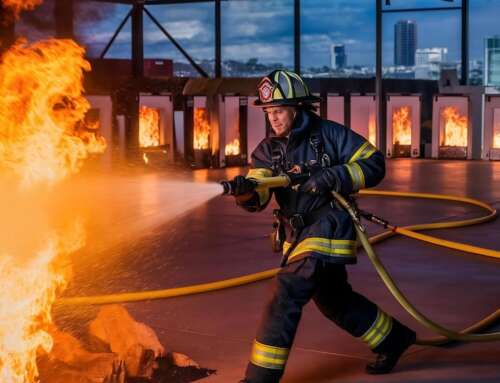Executive protection is a special type of security designed to keep important people, like top business leaders or celebrities, safe from danger. It’s more than just having a security guard—it’s a whole set of strategies and actions aimed at protecting these high-profile individuals. Let’s break down what executive protection is, why it matters, and why it can be a rewarding career path for security professionals. Then, you can sign up for Knight Training Institute’s Executive Protection Course to start your journey!
What Does Executive Protection Involve?
-
Understanding Risks and Threats
The first step in executive protection is figuring out what kinds of risks or dangers the person might face. Security experts look at things like the person’s job, who might want to harm them, and recent threats they’ve received. Based on this information, they come up with a detailed plan to keep the person safe.
-
Personal Security
Personal security is the main part of executive protection. This includes:
- Bodyguards: These are trained professionals who stay close to the person they’re protecting. They watch for any danger and keep the person safe wherever they go.
- Safe Transportation: They make sure the person travels safely. This includes planning safe routes, choosing secure vehicles, and having backup plans in case something goes wrong.
- Home Security: They protect the person’s house with things like security cameras, guards, and control over who can enter the home.
-
Gathering Information
Executive protection teams also gather information about potential threats. They keep an eye on news, social media, and other sources to find out if there are any new dangers. This helps them stay one step ahead of potential problems.
-
Emergency Planning
Part of executive protection is making sure there are plans for emergencies. This includes figuring out what to do if there’s a fire, if someone gets hurt, or if there’s an attack. They practice these plans to be ready for any situation.
-
Event Security
When the person is at public events, executive protection teams handle the security for those events. They manage who can enter, watch the crowd, and make sure everything runs smoothly.
What Do Executive Protection Professionals Do?
People working in executive protection have different jobs, such as:
- Close Protection Officers (Bodyguards): These are the main security people who stay close to the person they’re protecting.
- Intelligence Analysts: They find and analyze information to help understand and manage risks.
- Security Drivers: They drive the person and handle any dangerous driving situations.
- Technical Support: They set up and maintain security systems like cameras and alarms.
Why Is Executive Protection Important?
-
Keeping People Safe
Executive protection is important because it helps keep high-profile people safe from dangers like theft or attacks. The security measures and plans put in place help prevent problems before they start and handle emergencies if they happen.
-
Giving Peace of Mind
Knowing that they have a professional security team helps these important people focus on their work without worrying about their safety.
-
Protecting Public Image
For celebrities and business leaders, staying safe also means keeping a good public image. A security team helps make sure that public events go smoothly and that the person’s reputation is protected.
-
Handling Tough Situations
Executive protection experts are trained to stay calm and make good decisions in stressful situations. Their training helps them handle emergencies and keep their client safe.
Examples of Executive Protection Services
Here are some examples of who might need executive protection and what it involves:
- Business Leaders: CEOs and other high-ranking company officials who might face threats from unhappy employees or competitors.
- Celebrities: Actors, musicians, and other famous people who might need protection at public events or in their personal lives.
- Government Officials: Politicians and other government figures who might face risks because of their roles.
- Diplomats: People working for governments who need protection, especially in dangerous or foreign places.
Becoming an Executive Protection Professional
If this sounds like an exciting and rewarding position, training to become an executive protection professional is as easy as signing up for Knight Training Institute’s next Celebrity & Executive Protection Training Course. We’ll see you there!
